Summary
- Establish a sleep routine
- Create an environment conducive to sleep
- Avoid stimulants before bedtime
- Practice relaxation
- Establish a calming pre-sleep routine
- Exercise regularly
- Limit long naps
Sleep is essential for our physical and mental well-being. However, many people struggle to fall asleep quickly and peacefully. In this article, we'll explore the best methods to help you fall asleep easily. Whether you struggle with occasional insomnia or simply want to improve the quality of your sleep, these tips can help you get back to peaceful nights.
- Establish a sleep routine
Establishing a regular sleep routine is essential for conditioning your body and mind to prepare for rest. Try to go to bed and wake up at the same time every day, even on weekends. This consistency allows your internal clock to regulate your sleep-wake cycle more effectively.
2. Create an environment conducive to sleep
Your sleeping environment plays a crucial role in your ability to fall asleep easily. Make sure your bedroom is cool, quiet, and dark. Use blackout curtains, earplugs, or a sleep mask if necessary. Also, avoid bright screens (TV, smartphone, computer) before bed, as blue light can disrupt your circadian rhythm.
3. Avoid stimulants before bedtime
Consuming stimulants such as caffeine, nicotine, and alcohol can interfere with your ability to fall asleep. Avoid consuming these substances a few hours before bedtime. Instead, opt for a relaxing herbal tea or a non-caffeinated hot drink, such as chamomile tea.
4. Practice relaxation
Relaxation is an effective way to prepare your body and mind for sleep. Try different relaxation techniques, such as meditation , deep breathing, yoga, or listening to soothing music. These practices can help reduce stress and calm your mind before bed.
5. Establish a calming pre-sleep routine
Create a calming pre-sleep routine to signal to your body that it's time to wind down. Take a warm bath, read a book, or engage in relaxing activities that promote the transition from wakefulness to sleep. Avoid stressful or stimulating activities before bed.
6. Exercise regularly
Regular exercise helps improve sleep quality. However, it's important to find the right balance. Avoid intense workouts right before bed, as this can increase your energy levels. Instead, opt for moderate physical activity in the afternoon or early evening, which will promote a better transition to sleep.
7. Avoid prolonged naps
Naps can be beneficial for recharging your energy, but prolonged or late naps can disrupt your internal clock. Limit naps to 20-30 minutes and avoid taking them in the late afternoon or evening.
Simply falling asleep and enjoying restful sleep is essential for our overall well-being. By establishing a regular sleep routine, creating an environment conducive to rest, avoiding stimulants, practicing relaxation, establishing a pre-sleep routine, exercising regularly, and limiting long naps, you can greatly improve your ability to fall asleep easily. Try different methods and see which ones work best for you. If you continue to experience sleep problems, it is advisable to consult a healthcare professional for additional advice and solutions tailored to your individual situation. To better understand your sleep cycle, check out this article: The importance of the sleep cycle on your daily life .


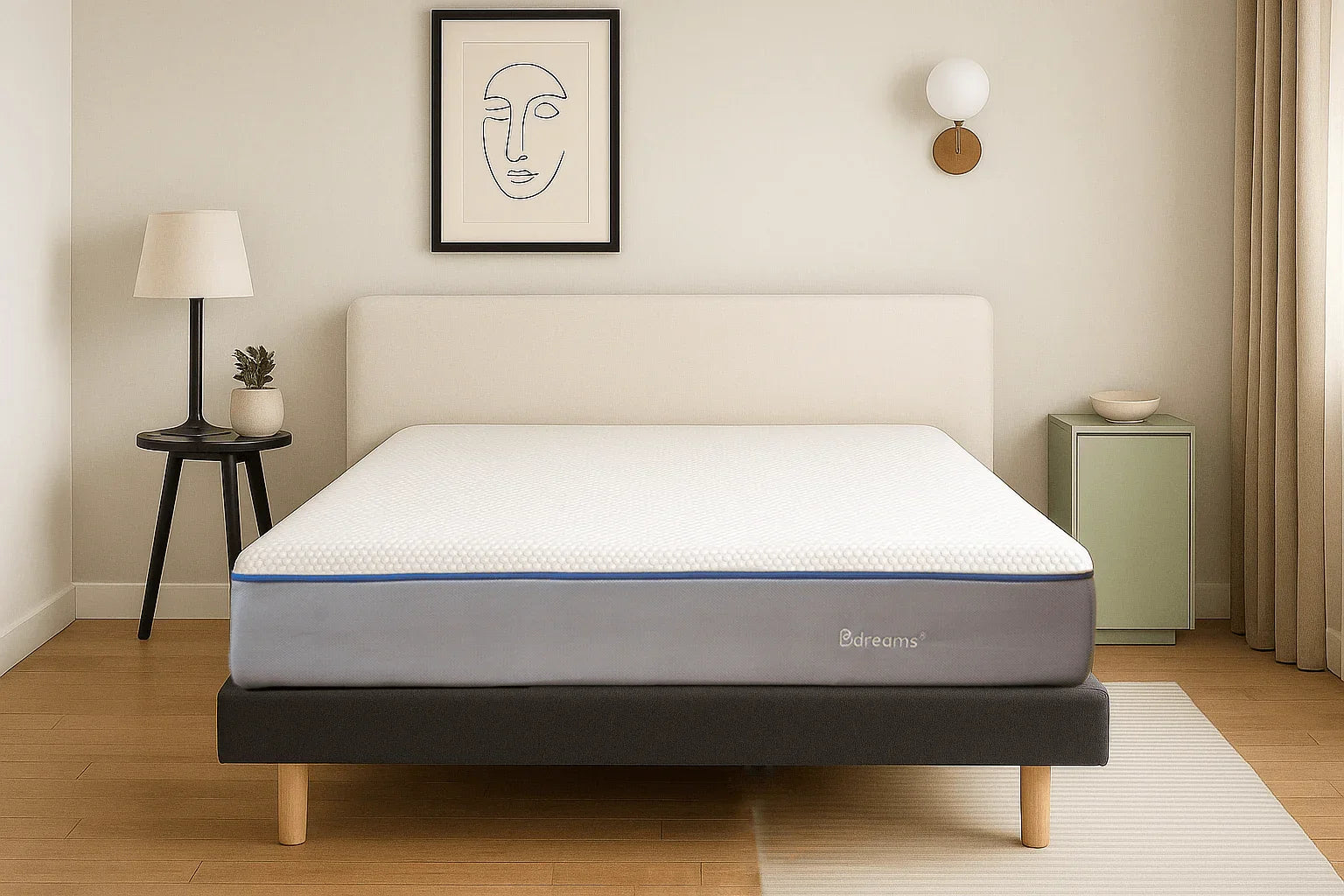
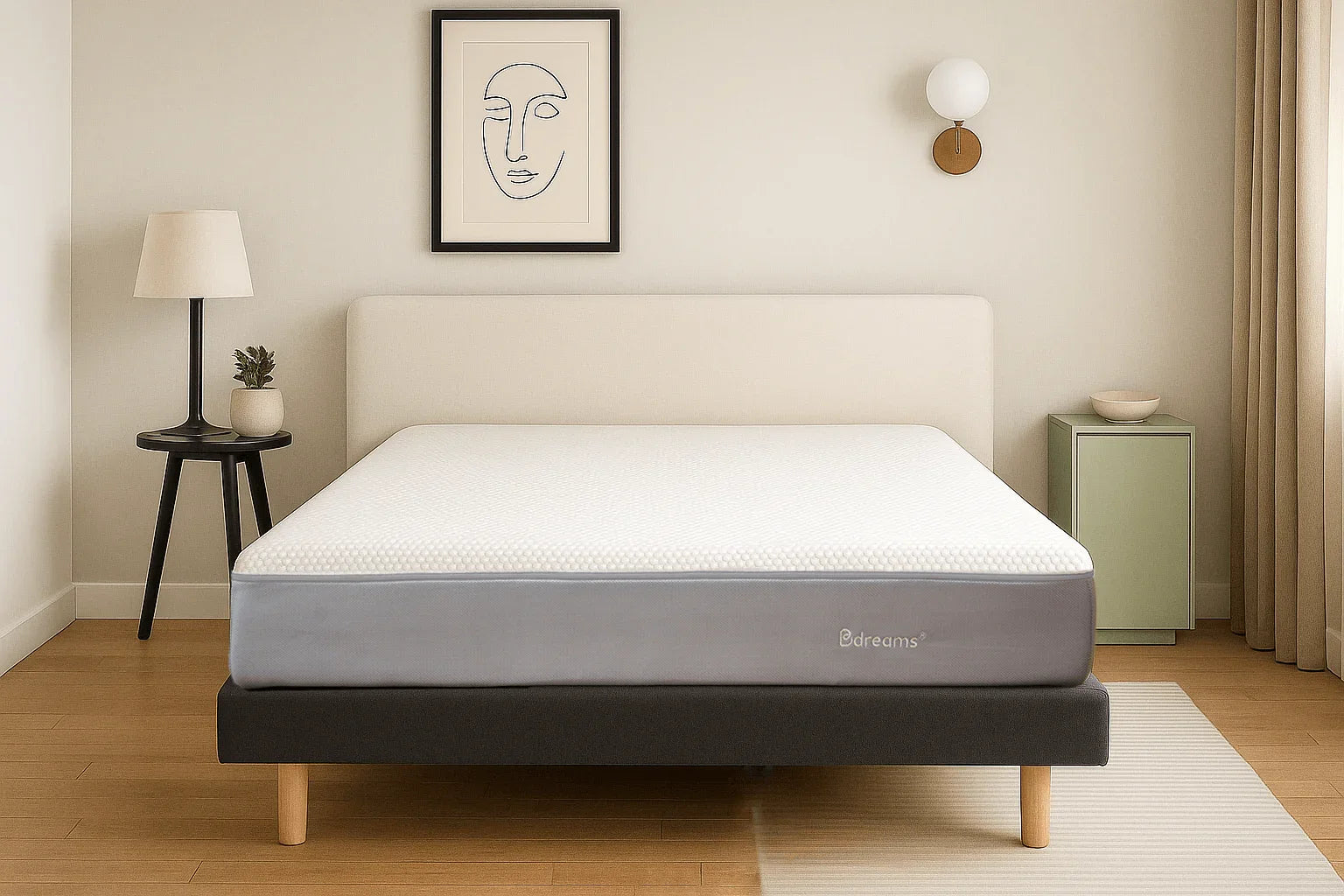
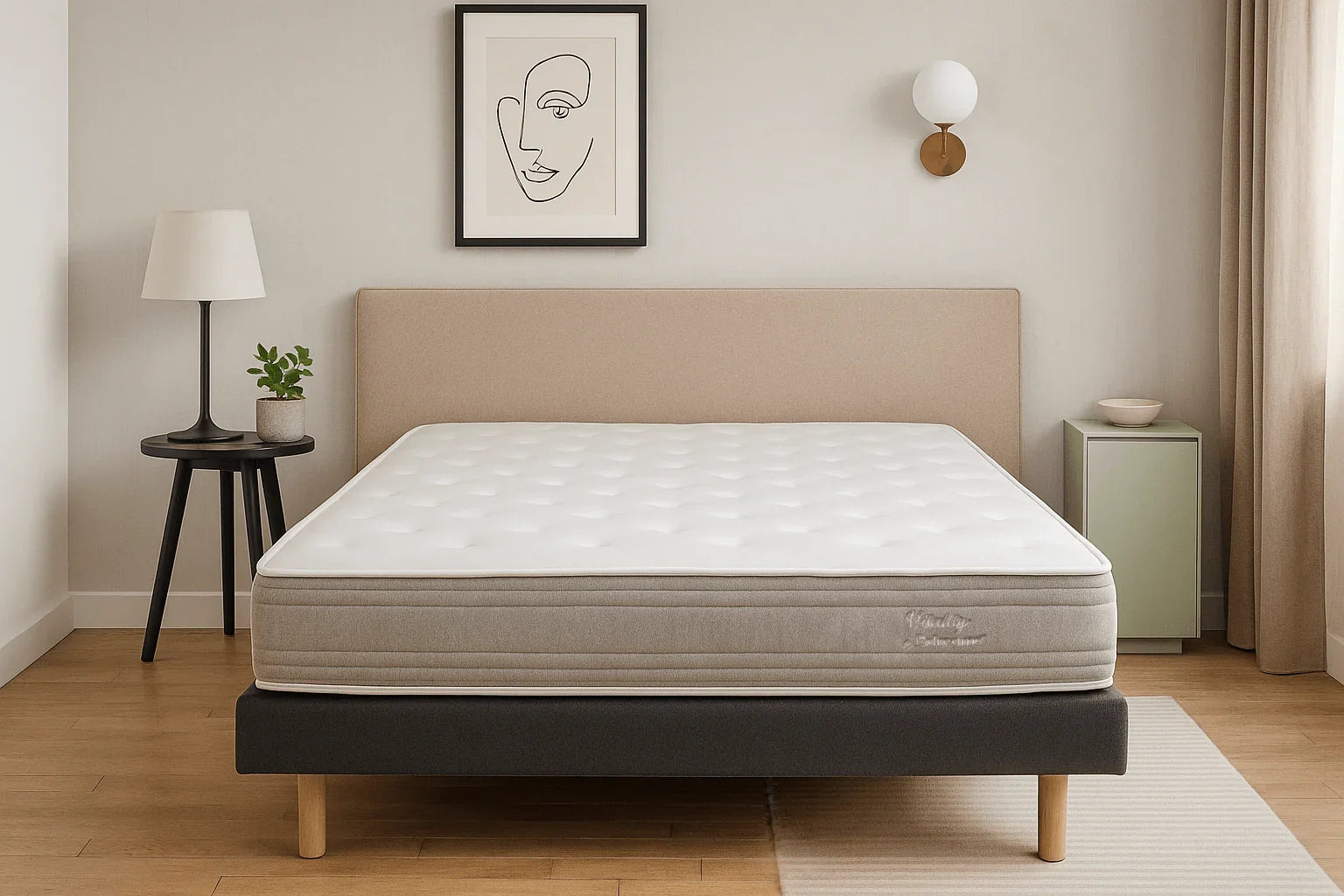
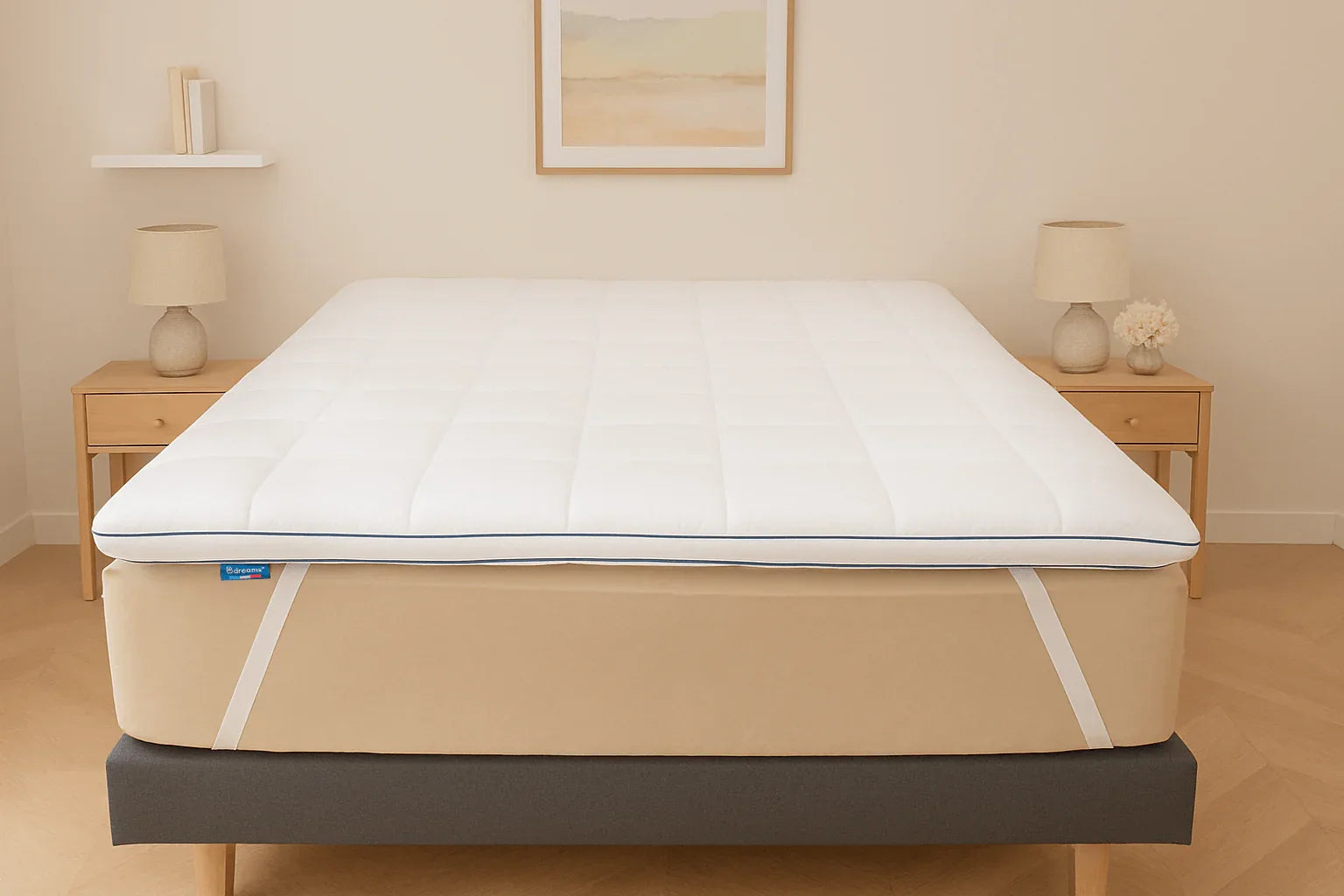
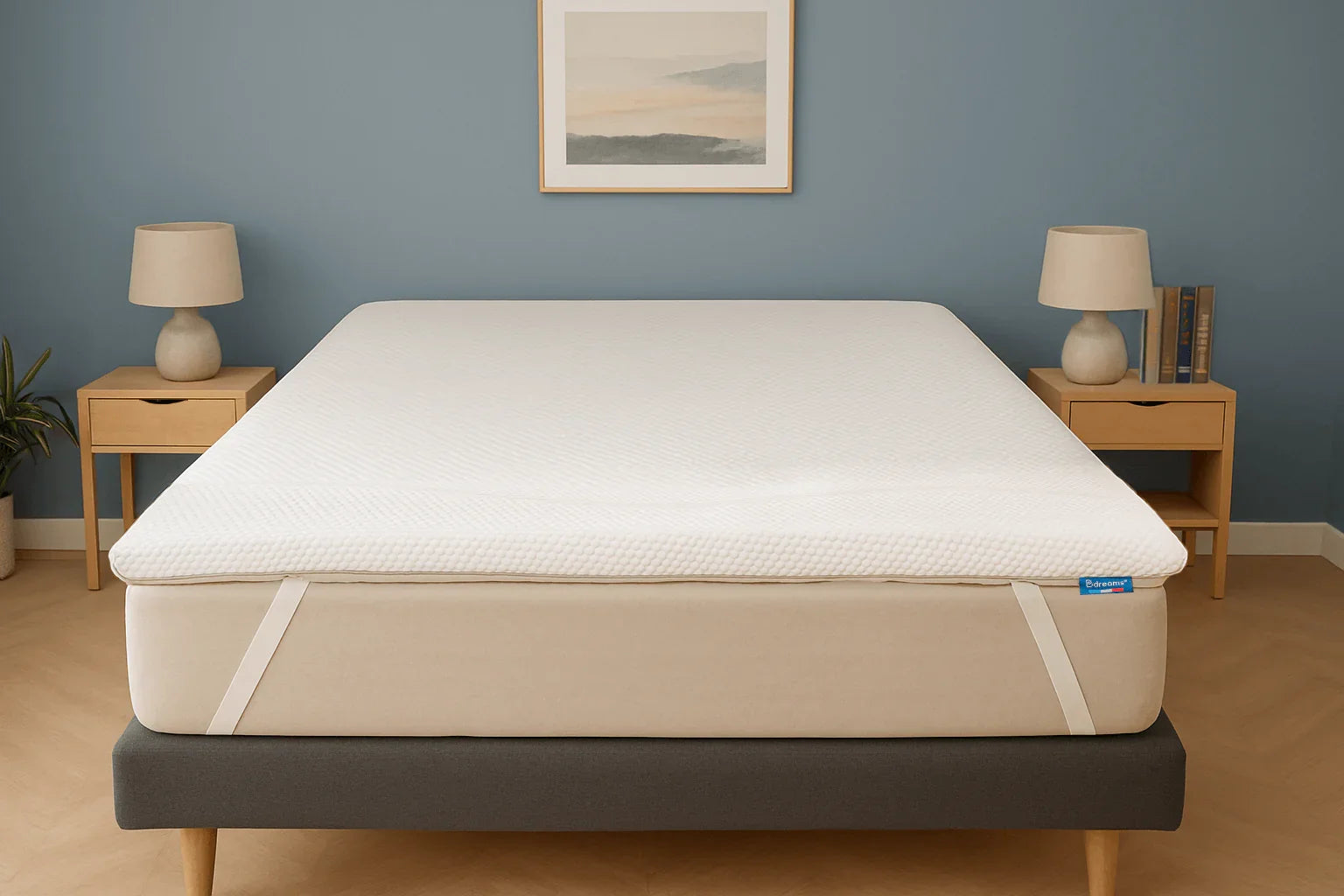
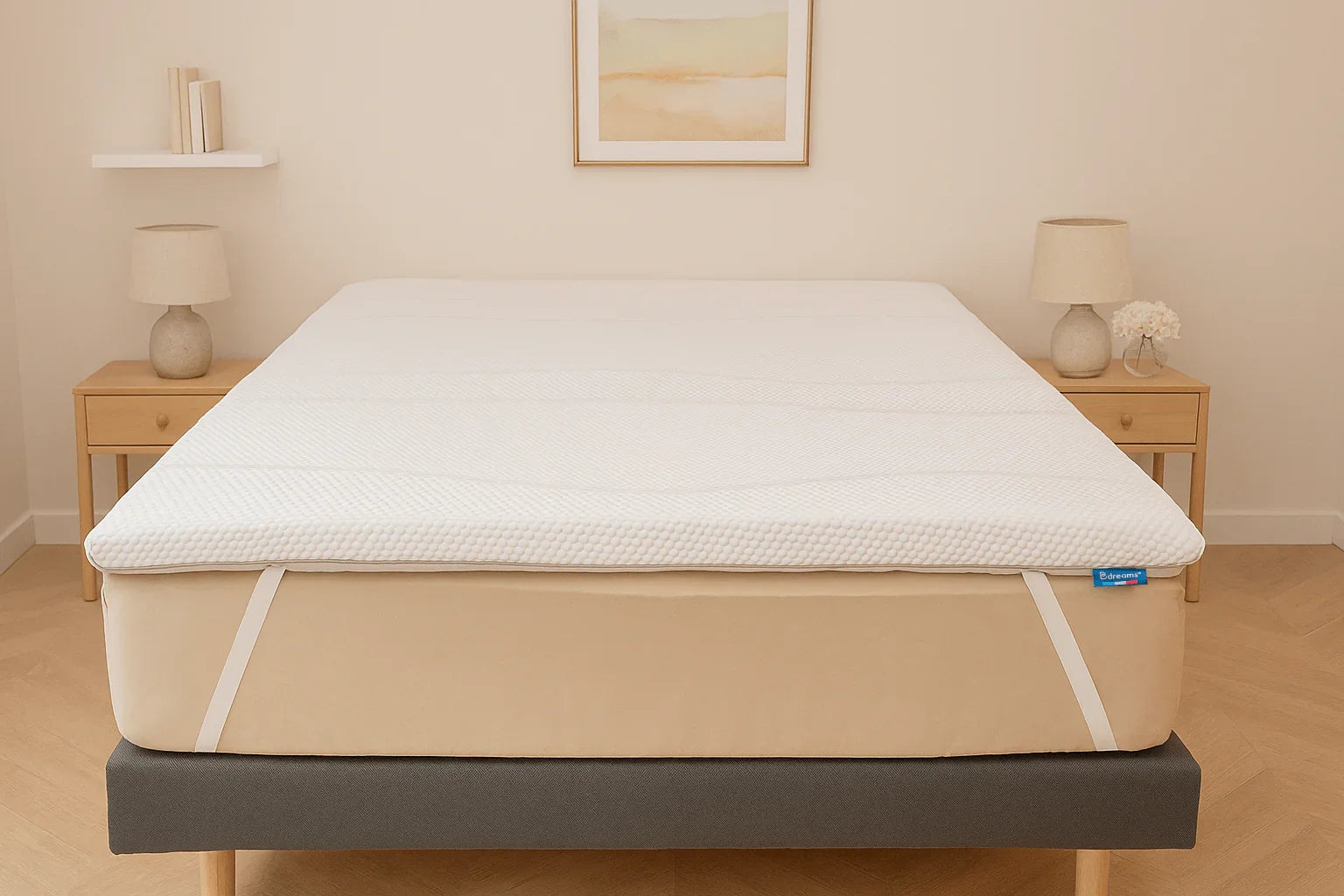
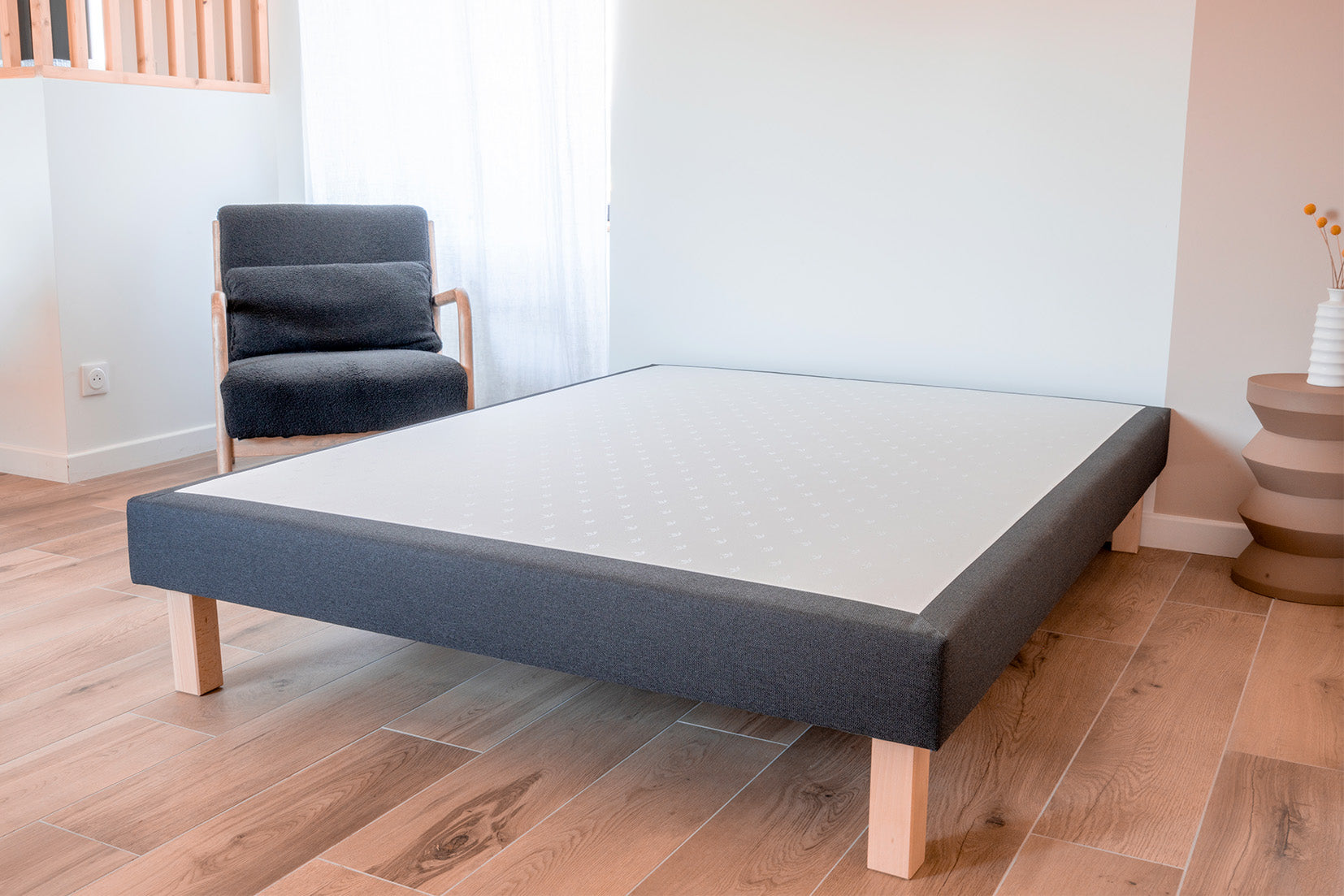
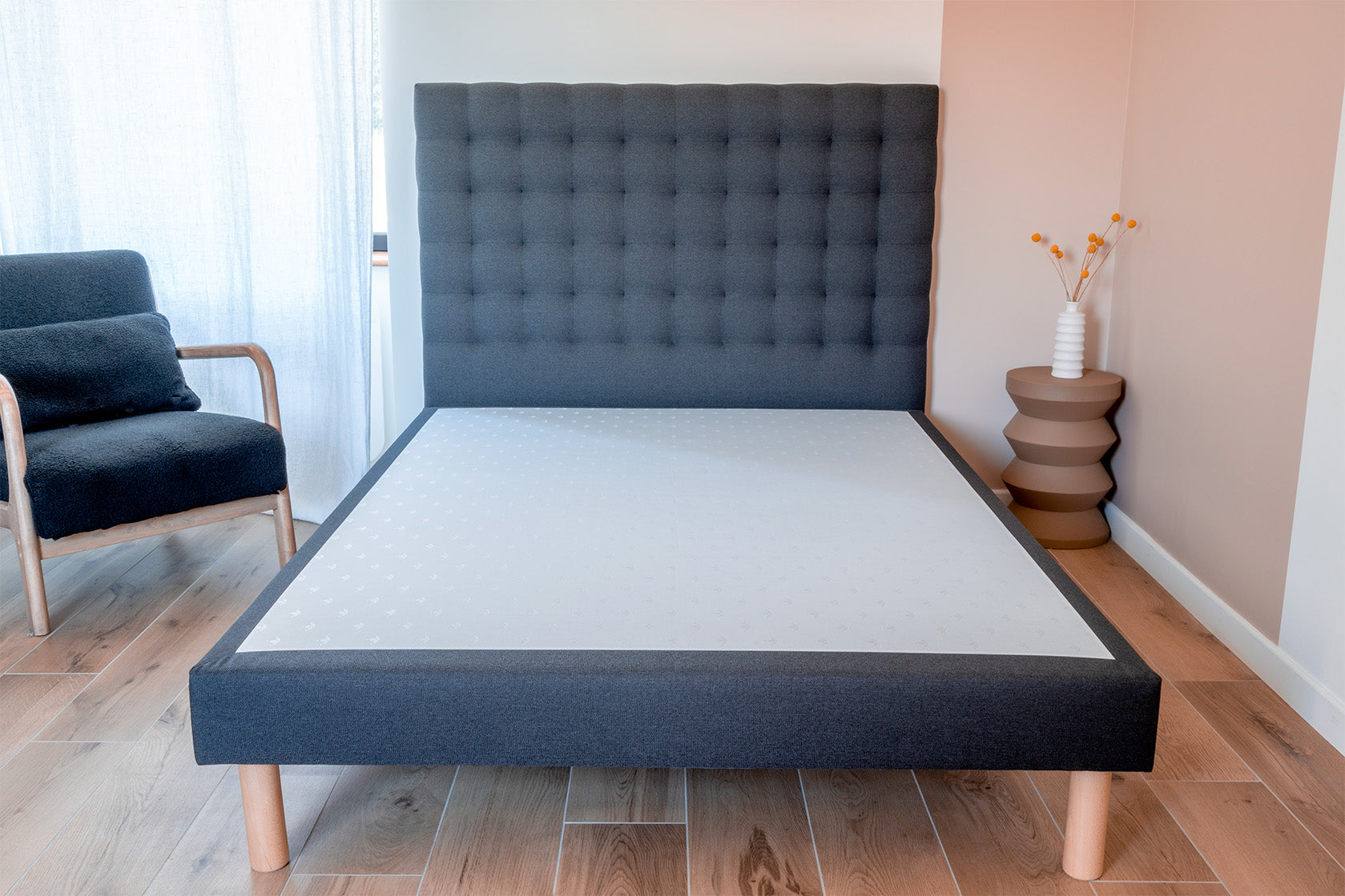








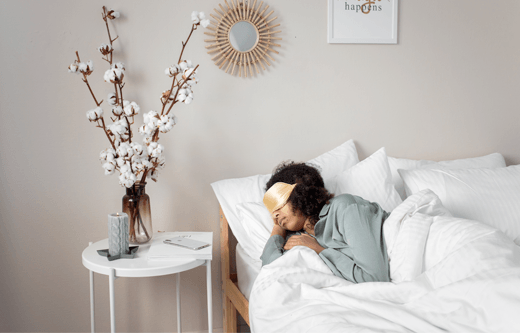
Leave a comment
This site is protected by hCaptcha and the hCaptcha Privacy Policy and Terms of Service apply.